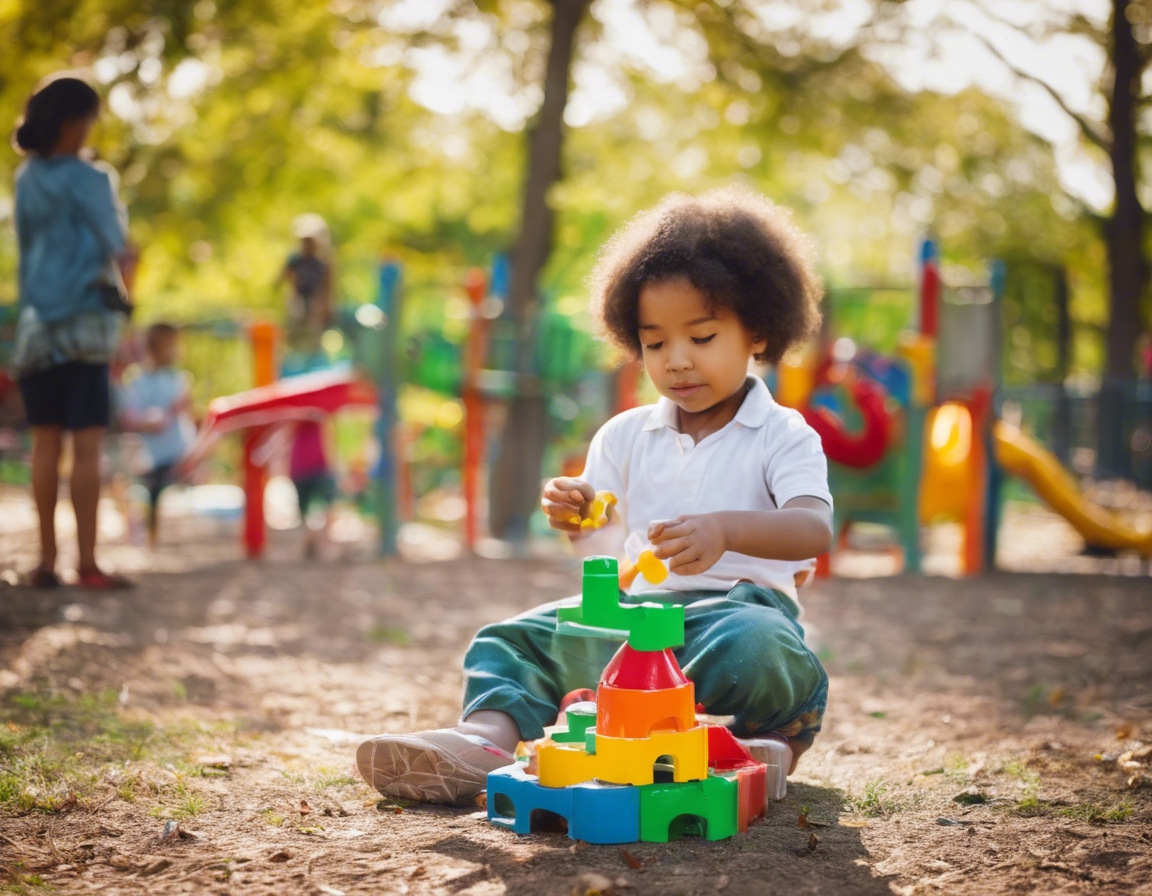Supporting children through divorce
Divorce is not just a legal dissolution of a marital union; it's a seismic event in the lives of the children involved. The emotional upheaval can manifest as sadness, anger, confusion, and anxiety. Understanding these emotions is the first step in providing the necessary support.
Children's reactions to divorce can vary widely based on their age and developmental stage. Younger children may struggle with understanding the situation, while adolescents may experience a sense of betrayal or take sides. It's crucial to tailor support to the child's age and comprehension level.
Research indicates that children of divorce may face long-term psychological effects, including increased risk of depression, lower educational attainment, and relationship difficulties. Awareness of these risks can guide parents in taking proactive steps to mitigate them.
Effective Communication Strategies
How parents convey the message of divorce to their children is pivotal. It should be done in a manner that is honest, age-appropriate, and reassuring. This conversation sets the tone for how children will cope with the ensuing changes.
Keeping the lines of communication open with children throughout the divorce process is essential. It allows them to express their feelings and fosters a sense of security.
Children will have questions and concerns. Parents need to be prepared to answer these thoughtfully and to provide ongoing support as children process the divorce.
Creating a Supportive Environment
During a time of great change, maintaining consistency in daily routines and discipline can provide children with a sense of stability.
Parents need to work together to ensure that their personal conflicts do not spill over into their parenting. Co-parenting with respect and cooperation is key to the child's well-being.
It's important for children to maintain a healthy relationship with both parents, whenever possible. This helps them retain a sense of family and support.
Professional Support and Resources
Therapy can be a valuable resource for children to process their emotions and learn coping strategies in a safe environment.
Support groups, both in-person and online, can provide children and parents with a community of individuals who understand their situation. Community resources can also offer additional support and information.
There are many books and materials designed to help children understand and cope with divorce. These can be used by parents to facilitate discussions and provide comfort.







Comments (0)